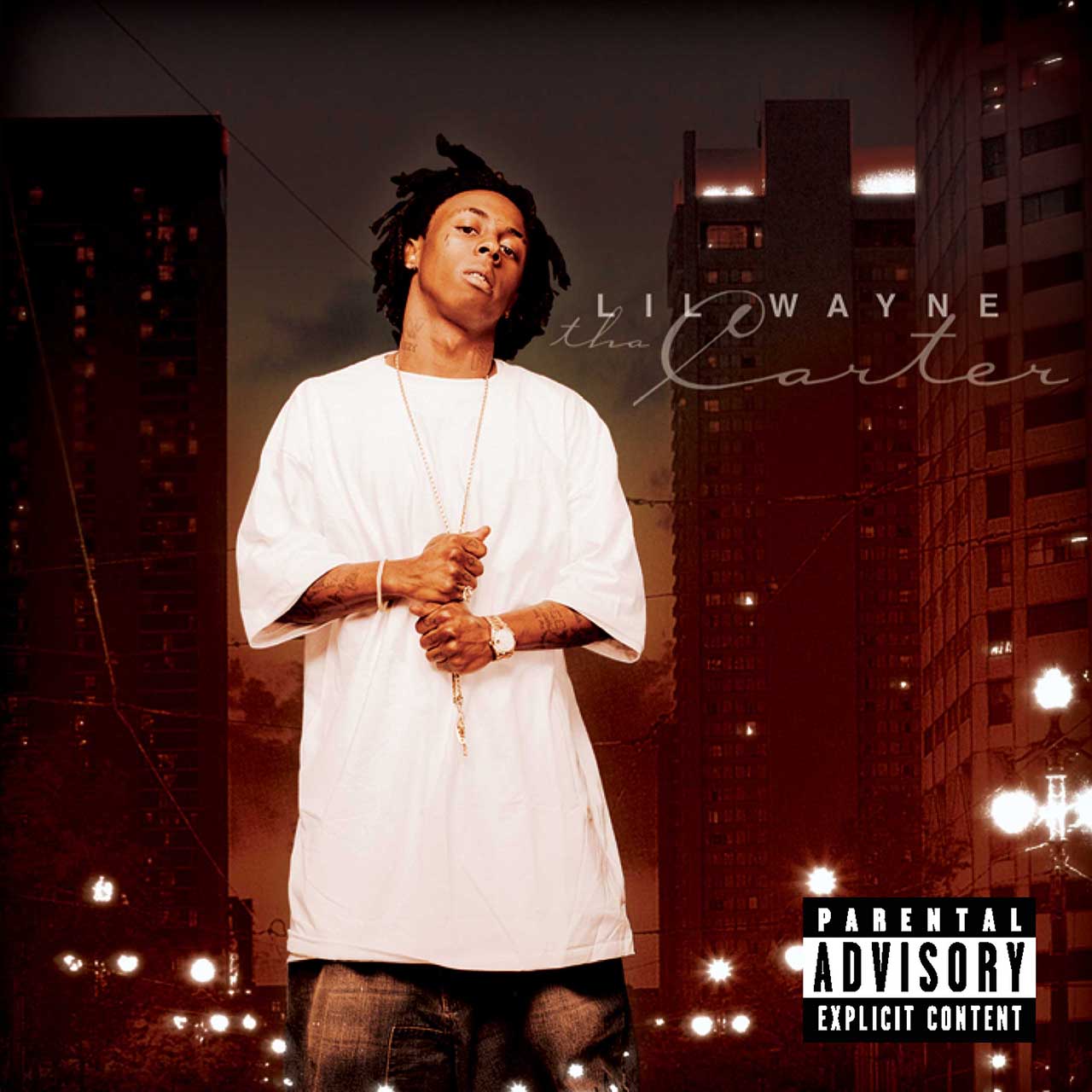It’s easy to forget now, but “Best Rapper Alive” wasn’t the first time Lil Wayne used an album cut to claim he was the world’s greatest spitter. That honor belongs to “Bring It Back,” the electric first single from his 2004 album, Tha Carter. Coated in off-kilter wordplay and preternatural charisma, the track was a strong argument for his assertion. It was also a harbinger of his impending global dominance.
While he had dropped gold albums as both a solo act and a member of the Hot Boys, he had yet to grace the Billboard Hot 100, and he was regularly grouped with a slew of mediocre MCs that also carried “Lil” in their rap moniker. Tha Carter marked one of the last times people would make that mistake. With a combination of swagger and outright skill, Tha Carter was a proper coming of age for the rapper who would help redefine the impact of mixtapes, guest verses, and rap superstardom as we know it today. Checking in at close to an hour-and-20 minutes, Tha Carter brims with all the actualization of a superstar coming into his own. Featuring one of the hardest Mannie Fresh beats to date, “Bring It Back” also included one of Lil Wayne’s most infectious hooks, proof of a writer-producer symbiosis in full bloom.
Listen to Lil Wayne’s Tha Carter now.
In between the choruses and infectious soundscapes, he also learned the art of subtlety. His twitchy flows and cartoonish vocals are all still there, but he blended them with hidden meanings, subtext and idiosyncratic bars that were as technically sharp as they were adventurous. On tracks like “Go DJ,” he uses a mix of sly humor and colorful metaphors to take on the implicit, yet emphatic authority of a mob boss: “You snakes, stop hiding in the grass/Sooner or later I’ll cut it, now the blade’s in your ass.” Across the album, Wayne oscillates between emotional outbursts (“Damn I Miss My Dogs”) and effortless playboy cool (“Earthquake”). For the latter, he cruises over a breezy Al Green sample, offering up flirty charm and quippy raps in equal measure.
While Tha Carter earned critical acclaim and it has been certified platinum, it’s occasionally overlooked due to the enormous success of the subsequent releases in the series. Just a year after Weezy released Tha Carter, he returned with Tha Carter II, a sequel with bigger singles and even more refined songwriting. From there he embarked on an iconic mixtape and feature verse run that led many to describe him as the best rapper in the world. Then came Tha Carter III, an LP that crystallized his status as the most dominant commercial force in hip-hop. Even so, the first entry in Tha Carter saga lives on as the moment Lil Wayne’s King of Rap candidacy truly began.



